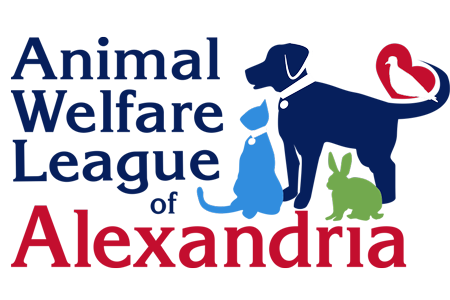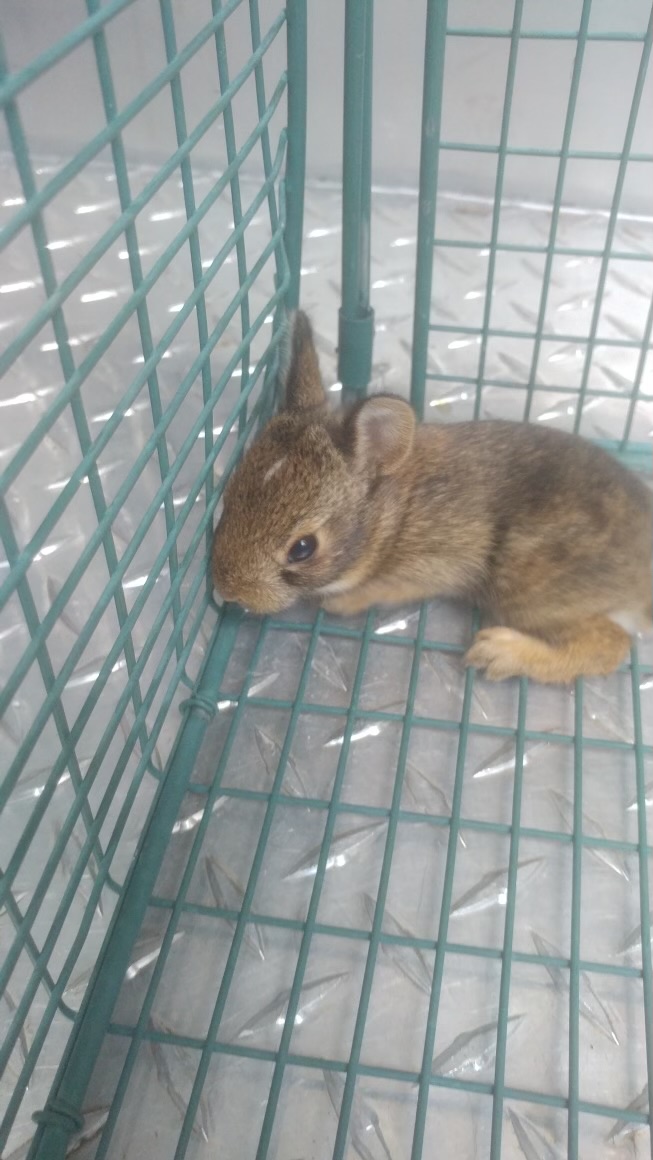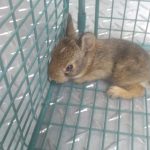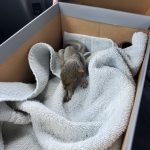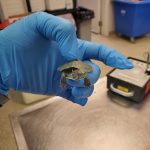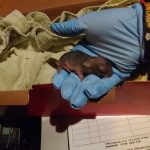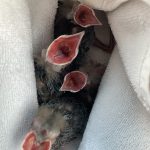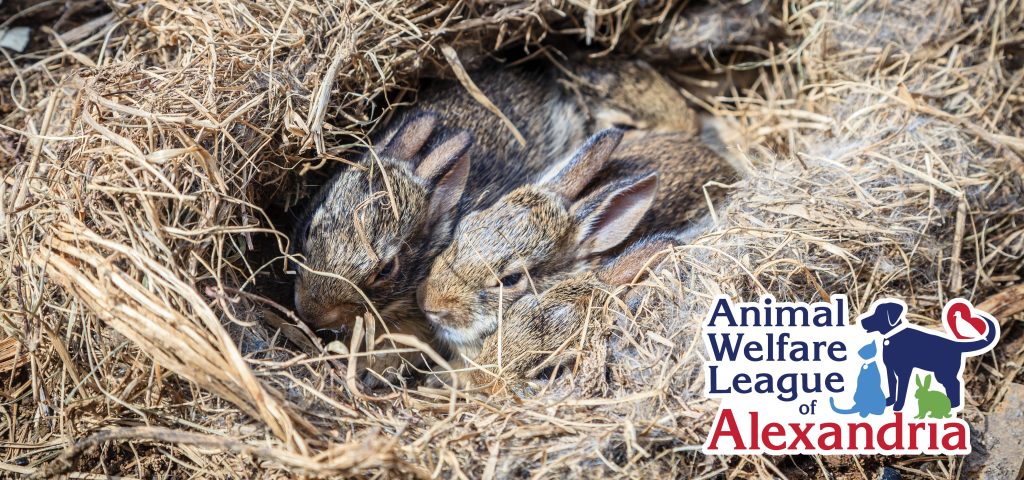
Though it’s hard to tell with the winter chill still in the air, spring has sprung and the first flowers are in bloom. This means that our wild animal neighbors will be having their young very soon. Mammals like raccoons, foxes, and squirrels typically give birth to their young between the months of February and April, while our local avian wildlife start to lay their eggs in mid-March. In a community like Alexandria where greenspace is intermingled with our urban streets and buildings, it is increasingly common for these animals to have their young literally in our backyards.
Here are some dos and don’ts to help wildlife in the spring:
- Do – Search your yard before firing up your lawn mower for the first time. Walk around and look for rabbit nests, baby turtles, and any other wild animals that may have nested in your yard.
- Don’t – Panic if you find an animal nest in your yard. This is a temporary situation and those animals will be gone as soon as they are old enough.
- Do – Check the trees in your yard before pruning to make sure there aren’t any bird or mammal nests that may be disturbed.
- Don’t – Remove any nests, especially bird nests. Most birds are protected by the Migratory Bird Treaty Act and removing or disturbing active nests is illegal. If a nest is in a place where you would prefer it not to be, you can relocate the nest ONLY if there are no eggs. If eggs are present, you need to wait a few weeks for the young to leave before you take the nest down.
- Do – Check your chimney and eaves to make sure no wildlife has made entry. Wildlife loves our homes almost as much as we do. If they’re able, they’ll set up shop in our chimneys and attic spaces.
- Don’t – Worry if you have unwelcome critter visitors. Remember, this is a temporary situation and those animals will likely be gone in a few weeks. Once they have left, you can make the necessary repairs to keep those animals out next time. If you have to speed up this process, we recommend speaking with a wildlife removal specialist that uses humane methods of animal removal.
- Do – Notify Alexandria Animal Services if you think you have found any young wildlife that is at risk. Our officers are skilled and trained to identify when it is appropriate to intervene and most importantly when not to. You can contact us at 703.746.6000.
- Don’t – Remove, handle, or relocate any wild animal. It is not uncommon for most wild animals to leave their young while they search for food. Alexandria Animal Services works with many wildlife rehabilitators and most would agree that the vast majority of the animals they take in are unnecessarily removed by well-intentioned humans.
And most importantly …
- Do – Enjoy living in a diverse ecosystem where our native wildlife thrive!
By Tony Rankin, Chief Operating Officer, Chief of Animal Services, Animal Welfare League of Alexandria

